India’s Promising Growth
In JLL’s latest report detailing global cities with the most real estate momentum, several Indian business hubs stole the spotlight.
Indian cities are on the rise as they scored seven spots on JLL’s City Momentum Index report for 2020. The southern Indian city Hyderabad took the number one spot this year, with the runner-up place going to Bengaluru, which is also in southern India.
READ ALSO: 2020 Prospects: Top Economists Weigh In
The seventh annual report from JLL looked at 130 major business hubs and determined which are the world’s most dynamic cities from a real estate perspective. To get to that result, the report looked at socio-economic factors and commercial property metrics including GDP, rents, corporate presence, retail sales and more.
India stole the show this year with the two top spots of Hyderabad and Bengaluru, which was last year’s first place. Both cities demonstrated strong socio-economic momentum, but Hyderabad saw a more active real estate market that edged it to the number one spot. According to the report, Hyderabad had the highest office net absorption in 2019 of any global city, while also having one of the strongest prime office rental growth. The Indian city has recently seen the construction of a large Amazon campus that joins other tech giants like Apple, Google and Facebook, which have all established a presence there in recent years.
Like Hyderabad, Bengaluru and Chennai, another Indian city listed on the index at number five, have expanding tech industries and startup cultures that bolster their markets. Delhi was listed on the sixth spot, Pune on the 12th and Mumbai was at number 20. Bengaluru also has one of the world’s largest concentrations of “engine room” population (20 to 40-year-olds), typically the most dynamic and productive age cohort.
Elsewhere in Asia, China is lagging behind in their index performance with only five cities in the top 20. Shenzhen, at number 10, was China’s highest representation due to its fairly recent transformation into a mega-city over the last 40 years. Shenzhen also earned a spot as one of the “New World Cities” in JLL’s global city demand report in September. Now with high office net absorption, a construction boom, and growing investor interest, Shenzhen is drawing in a lot of young talent throughout China.
But another Chinese city, Shanghai, has always been a consistent performer and is expected to be in the same company of major cities like Tokyo, New York, London, Paris, Hong Kong and Singapore over the next five years, according to the report.
Other global regions included South East Asia with Ho Chi Minh City at the number three spot, Hanoi in the number seven spot and Manila at the number eight spot. Africa was only represented through Nairobi earning a number four spot, while the Middle East saw Dubai secure the number 14 spot and Riyadh in Saudi Arabia at the number 18 spot.
Managing a city’s growth
With so much growth coming to cities, there’s a need for a responsible path forward, according to the report. Due to the immense pressure from rapid change, many cities are dealing with issues of environmental degradation, congestion, overcrowding, social inequalities and more.
Cities like Ho Chi Minh City, Manila, Shanghai and Mumbai are all at risk from rising sea levels, while many Indian cities are dealing with heavy air pollution. To address its own environmental impact, Dubai has committed heavily to sustainability goals, including looking at reducing its energy and water use by 30 percent by 2030 and reaching 75 percent clean energy by 2050.
As more people are moving to these cities, officials are looking at building up their metro and rail lines to address the congestion and overpopulation that comes with rapid urbanization. Cities are even testing out transportation alternatives like smart bikes and e-autos in Hyderabad. Others are looking at smart-city technology that reduces energy consumption, optimizes traffic flow, monitors air quality, automates waste management and digitizes government functions.
While there are many ways to generate more momentum for a city, including improving infrastructure and looking at sustainability practices, JLL noted that cities should consider how their governing bodies align with the growth they’re experiencing.

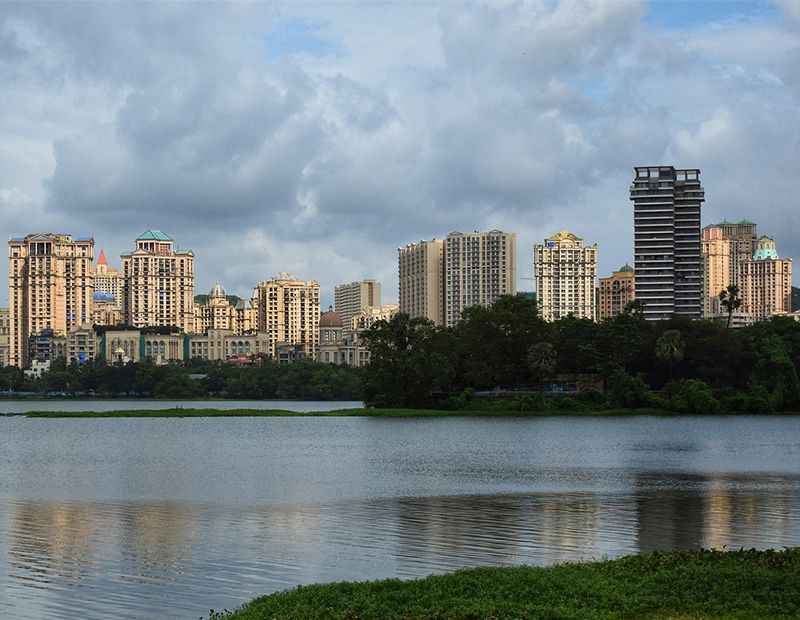
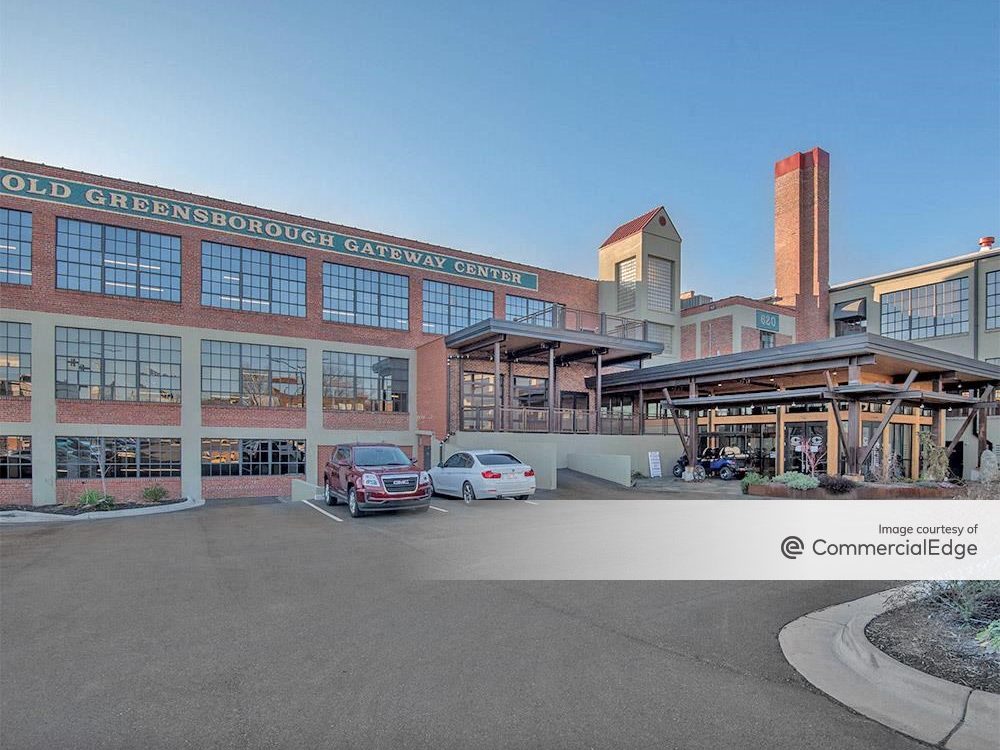
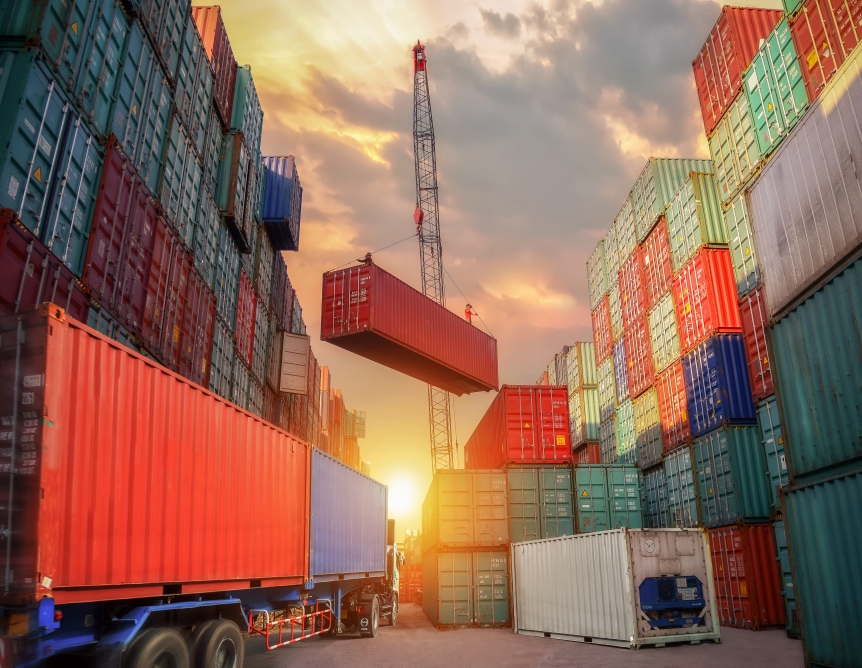
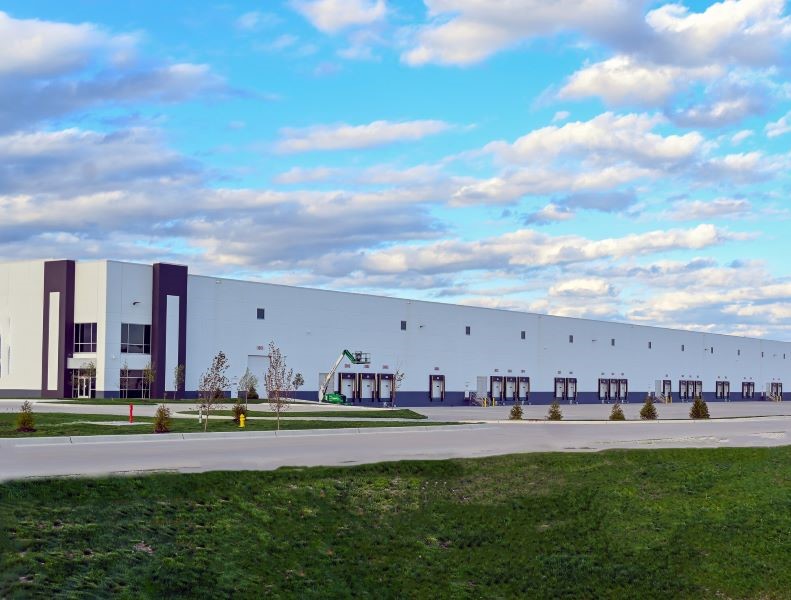
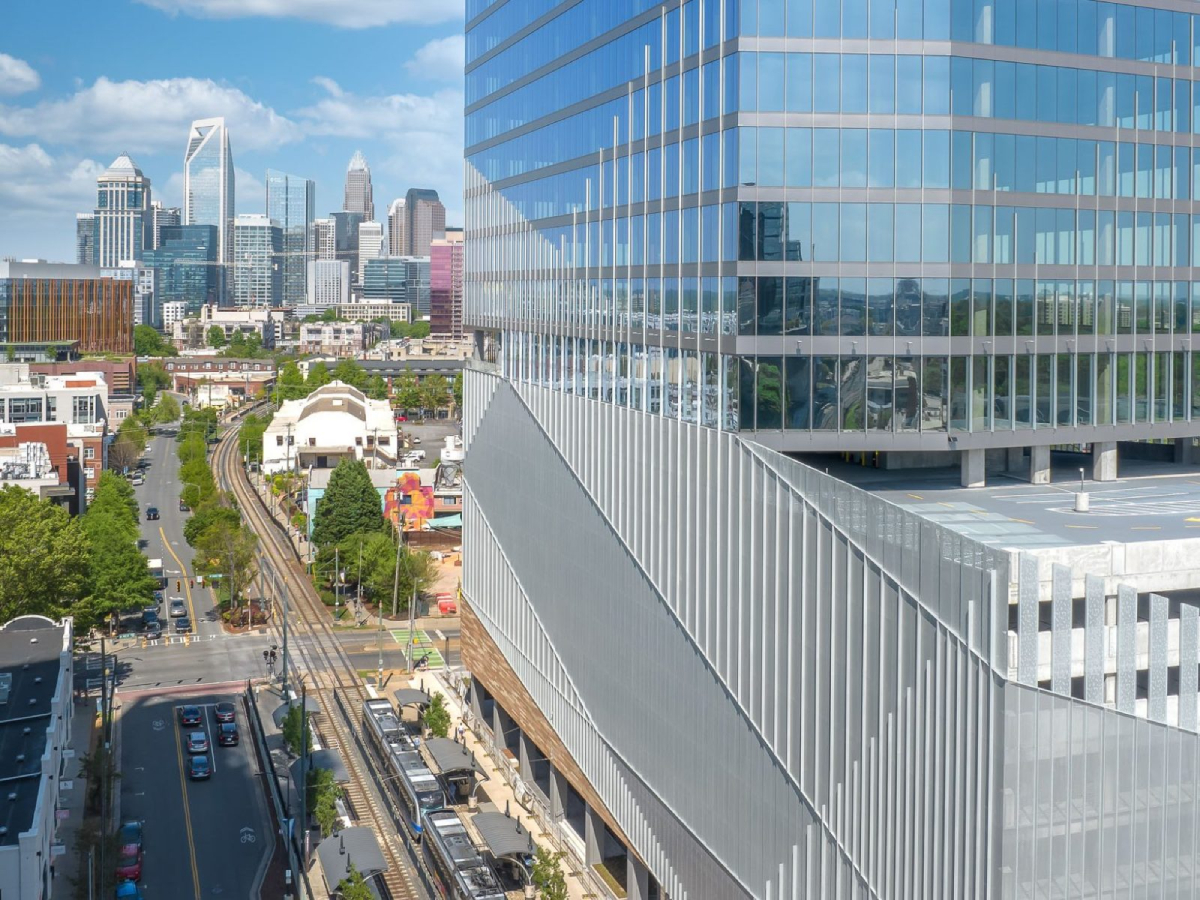
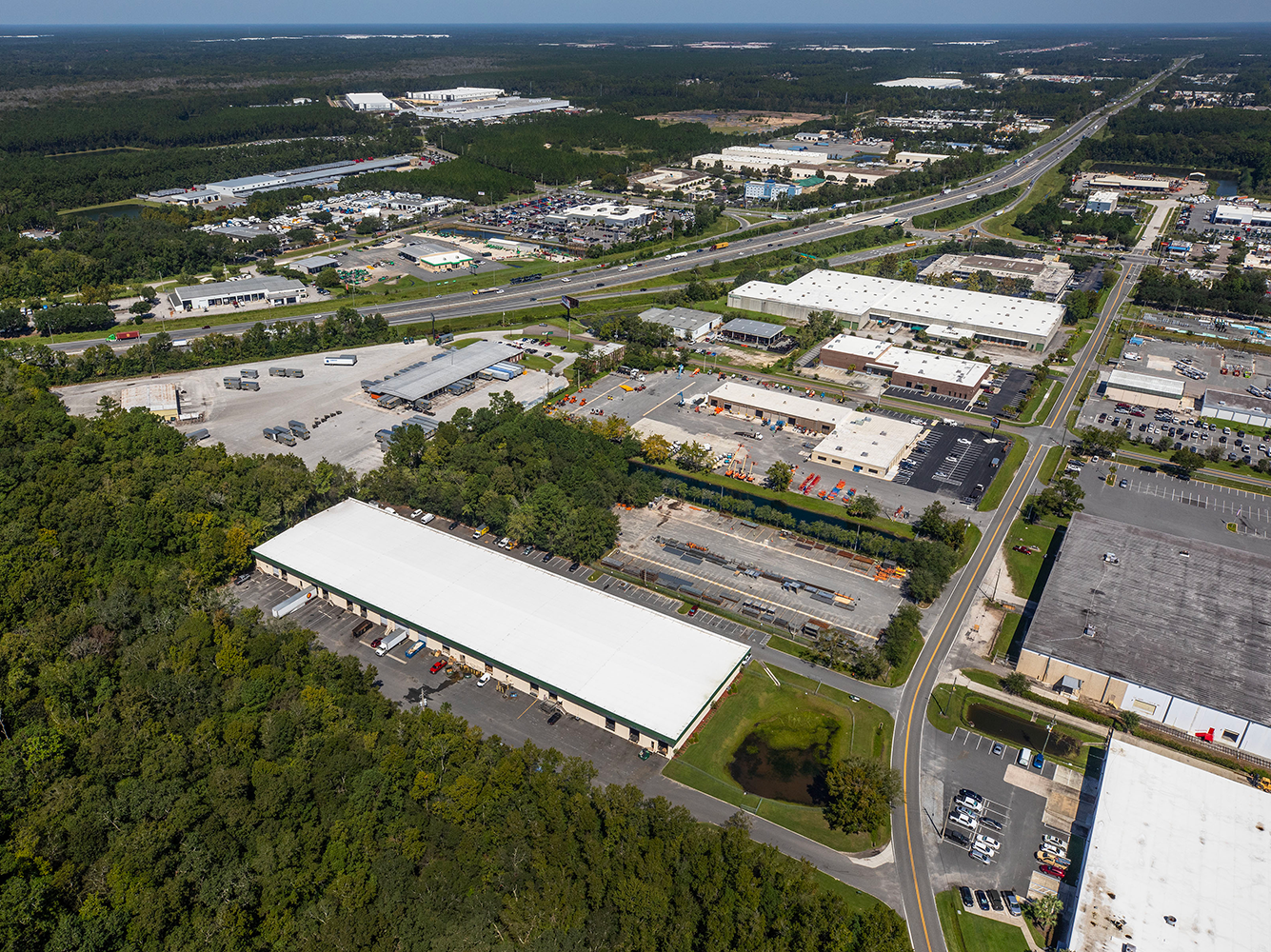

You must be logged in to post a comment.